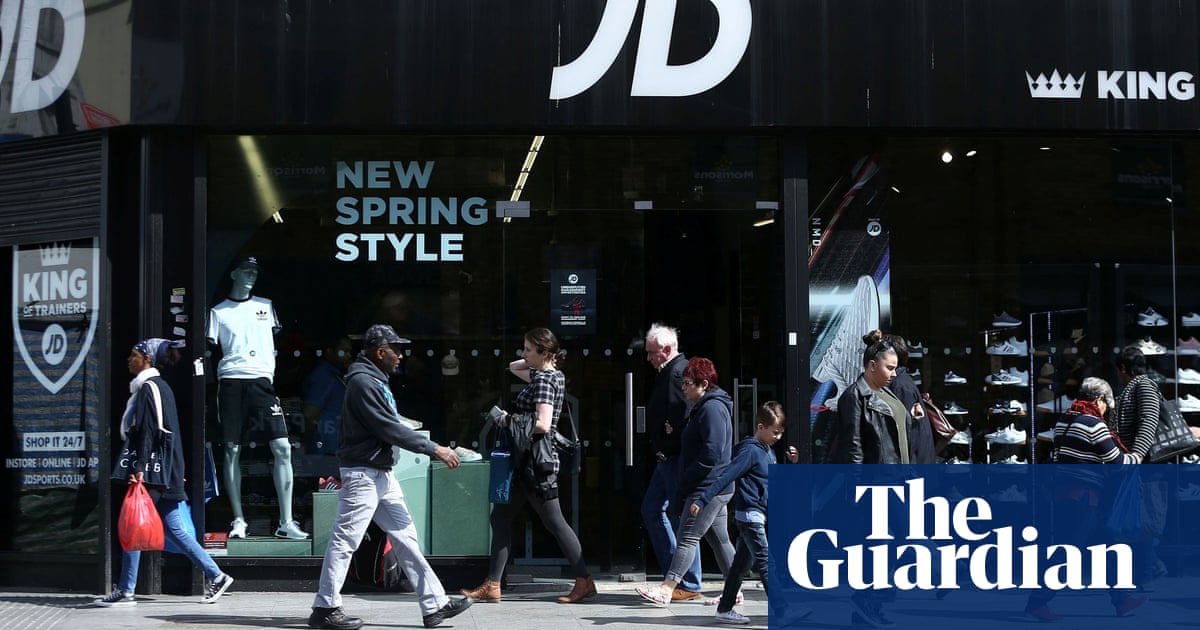
JD Sports has been ordered to sell Footasylum, the trainer retailing rival it bought in 2019, after the competition regulator once more found that the takeover had reduced competition for high street shoppers.
The retailer reacted with fury, saying that the Competition and Markets Authority (CMA) was in a “minority of one” and that the decision was “inexplicable” and “defies logic”.
The CMA will oversee the sale of Footasylum, which has been fully integrated into JD Sports, and must approve the new purchaser to ensure it will be run as a true competitor – unless JD Sports successfully appeals.
The decision comes after a long battle over the £90m takeover, which was first announced in March 2019. The regulator raised concerns in September 2019, but its initial judgment was sent back by the competition appeal tribunal in November 2020, which said it had failed to consider the impact of the pandemic.
The CMA confirmed that its latest review had once more found the merger “has resulted or may be expected to result in a substantial lessening of competition” in the supply of trainers and casual clothing.
JD Sports said it would consider its options.
JD Sports’s argument that the purchase would not reduce competition hinged on the rapid growth of direct-to-consumer (DTC) websites from trainer brands such as Nike and Adidas. Both trainer companies have invested heavily in online retail, undercutting high-street shops that previously acted as middlemen.
Kip Meek, chair of the CMA inquiry group, said: “The UK boasts a thriving sports fashion market and today’s decision reflects our commitment to keeping it that way. We strongly believe shoppers could suffer if Footasylum stopped having to compete with JD Sports. It is likely they would pay more for less choice, worse service and lower quality.”
The two retailers had close links even before the merger. John Wardle and David Makin founded the first JD Sports shop together in Mossley, Lancashire, in 1981, eventually leaving in 2005. Makin then started Footasylum, where he was joined by Wardle again in 2008 until his departure in 2018.
Peter Cowgill, JD Sports’ executive chairman, said the regulator’s decision was “inexplicable” in the context of the pandemic, when temporary store closures during lockdowns have prompted more shoppers to make the move to online shopping.
“It is deeply troubling at a time when the UK high street has been seriously damaged already and is vulnerable to further closures,” he said.
“The CMA rightly concludes that, following the acquisition of Footasylum, JD would have no incentive to raise prices or worsen its offer as its most important competitors are the DTC operations of the international brands themselves.
“However, the CMA has then somehow concluded that the competitive threat from DTC does not extend to Footasylum and that JD would have an incentive to worsen the offer in Footasylum to the detriment of both consumers and suppliers. We would suggest that the CMA is in a minority of one in reaching this conclusion.”












